Education should lead India towards unison
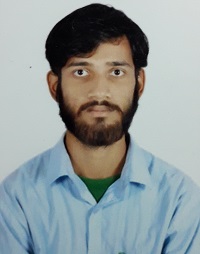
Soumik Chowdhury is an artist/writer from Kolkata, currently based in Hyderabad, where he currently works as an art teacher.
(This article on education received a book prize as part of the Republic Day OpEd contest organised by The ArmChair Journal)
On 28th November of 2019, while surfing Facebook, I came across a picture of a burnt body. Not painted but photographed. A burnt, blackened human body. With the photograph of the body, was a photo of a man, a young man of 24-25. I looked at his eyes. I had never seen more innocence. He was like a boy in kindergarten, yet starting education. And like a boy in kindergarten violently tears his book down or squashes an ant under his boot, they raped, killed, and burned a human.
I am not going to discuss if the police were wrong or right, or whether a rapist should be punished by hanging or encounter. Punishment can stop a criminal from acting, or it can destroy a criminal and thus keep balance with the crime. Still, it is also true that punishing a criminal is far from punishing the crime because the offense can never be penalized as punishment comes after the crime. Crime is like a seed; it hides under the soil. When it sprouts, which can be symbolized as the criminal, punishment sees it (if it sees) and cuts it down. The criminal rots, the punishment goes back to sleep, and the root of crime prepares for another sprout.
Should we stop punishment? The answer is no, because that will disturb the balance, and all hell will break loose. Punishment should come after every act of crime. Otherwise, the sprout will turn into a tree and spread it’s branches all over. But it is also true that this is not a way to develop humanity. This way, there will always be some murder, some lynching, some hanging, and some encounters every year. And we need to ask ourselves: Is that the country you want your children to know and love?
I believe only a human can answer a question like this. There is something that sets humans apart from other species– contradiction. Humans became human by contradicting nature, by disobeying rules of nature which other species couldn’t violate. A cow can only devour a plant but cannot plant one, which a human can; not pre-defined by nature but by their consciousness of protecting the balance. A tiger has to kill to survive; he can’t do otherwise, but only a human can think of building a conservatory to save tigers from being extinct. Why? Humans are not going to be affected by the extinction of tigers, are they? The eco-system might get dis-balanced, but why should we care? A cat doesn’t worry about the extinction of mice when it kills one. But a human thinks of creating artificial meat in a lab to save cows from being butchered. Why?
I don’t know if God exists. I don’t know if he or she is one or many. But the acts of man that I have seen or understood so far gives me the belief that a human can become the God of this earth, as the power of creation, protection, and destruction lies in his hand.
But who is the human who will become God? Who is this special one?
Simple. Everyone.
Every single one, united together, breaking every physical and internal barrier, will become the human, the most powerful. There will be no man, no woman, no child, no transgender, no Hindu, no Muslim, no Farsi, no British, no Indian, no Bengali, no cobbler, no businesswoman, no homemaker, no beggar – but only human. It is that being who can rise above these identities.
Who will God rule?
God doesn’t rule. God is not supposed to be worshipped. God is supposed to be loved.
The words till now are not new to anyone. Everyone knows, united we stand. Everyone loves the concept of united India, the united world. But why do we still have to envision the ‘united India’? Why is it not a reality?
Because the concept of united India, sadly, is not reaching everyone, even inside of India. United India is envisioned in a 1500 word article, gets published to 3 or 4 journals, and then reaches to 500 to 800 people or more, perhaps. In a country of far more than 100 crores or 10 billion residents, 800 is a minimal number. The small step for some people can not help humanity take a big action.
I see only one solution to this problem currently – Education. Not only informative, which generally is one-sided, but cooperative, which requires the active participation of both sides. Of course, no one should deny the importance of informative education; in fact, it is the most important provider of knowledge. But the information that is not justified or discussed but believed without objection is no different from superstitious belief. The information won’t be considered applicable in practicality unless it is tried and justified from a practical perspective. Information that is tested by questions and discussions will give birth to new perspectives about the information and, eventually, more information in the future. Otherwise, learning will always remain limited to the letters in a textbook, and growth of knowledge, a dream that never comes true.
Fortunately, many educational institutions are breaking the barriers of tradition, and encourage this type of education where the students take part actively in discussions with the teachers. But coming to practicality, as a teacher myself, I have felt that a teacher is ‘appointed’ as a serviceman to serve purposes that the authority expects from a teacher. I believe that creates an inter-collision of his duty as a teacher and his duty as an office person. As teacher he might feel that he might follow a method of teaching that is off the book might be suitable for the children’s learning, which the authority might not encourage, or the parents might not want, or a student might not rely on. Similarly, when a teacher spends more time doing office work and less time teaching, teaching becomes the ‘job’ of a regular serviceman who gets paid every month for his service and has vacationed on holidays.
I believe a teacher’s duty is teaching only. The only payment a teacher can get is the expansion of knowledge in the world. A teacher doesn’t need to be appointed to teach. Every person who has something to say can be a teacher. A singer teaches his thoughts and beliefs through his or her songs. An artist paints or sculpts his thoughts for everyone to see. A filmmaker projects her thoughts on the screen for her audience. A teacher is not an autocrat behind the table who writes 2+2=4 but doesn’t approve of a student finding out that 1+3 also equals to 4 until he shows them. A teacher is not an authority who releases a notice banning private tuition, barricading the growth of the student’s education in the process. A teacher’s only concern should be the selfless welfare of his or her students, even if he or she has to oppose tradition or society.
India will only grow when her people grow, and the interconnectivity, I think, will accelerate the growth. Education will provide the acceleration by encouraging knowledge and freedom of speech beyond any barrier, whether it is of religion or caste, and sex. Only a selfless education system can bring that to fruition.
Unfortunately, these words, these envision, are worthless and melodramatic for most of society. A society that considers teaching as a way to earn money when there’s nothing else to do, or a society that accepts or rejects anything without questioning or discussion is full of people who cast votes without being able to sign their own names, let alone understanding the importance or purpose of voting. A teacher, no matter how big his or her intention is, cannot succeed, cannot ‘teach’ unless a student wants to be ‘taught.’ Which is the reason I am writing this article in the first place.
Every single day I am haunted by the news of murders, rapes, and lathi charges, every day I lose hope for humanity, and every day a song by Kabir Suman or Anjan Dutta or Bob Dylan restores the faith; every horror of violence due to inequality is forgotten by the love story of a man and a computer (a movie named ‘Her’); I laugh by seeing Charlie Chaplin’s ‘Gold Rush’ while students protest on the street. Is that why love songs are written, to keep people in fool’s paradise, to divert them from the painful reality? Is Charlie Chaplin a clown, hired to entertain people, make people laugh while the world cries?
Everyone in society has their social duties. Everyone has some opinions that can be taken into consideration and nurtured with discussions and justifications. Denying someone’s opinion without examination is denying someone’s social duty, which, in a republic, is a violation of human rights, and an injustice.
Featured Image Credits: Needpix


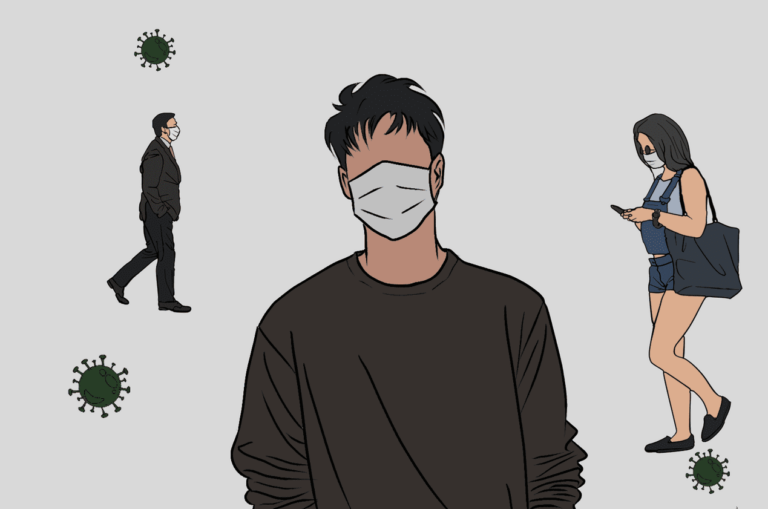
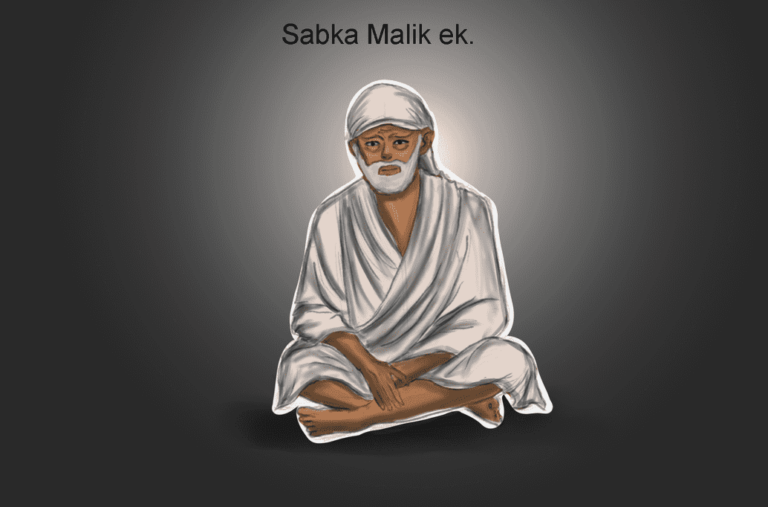

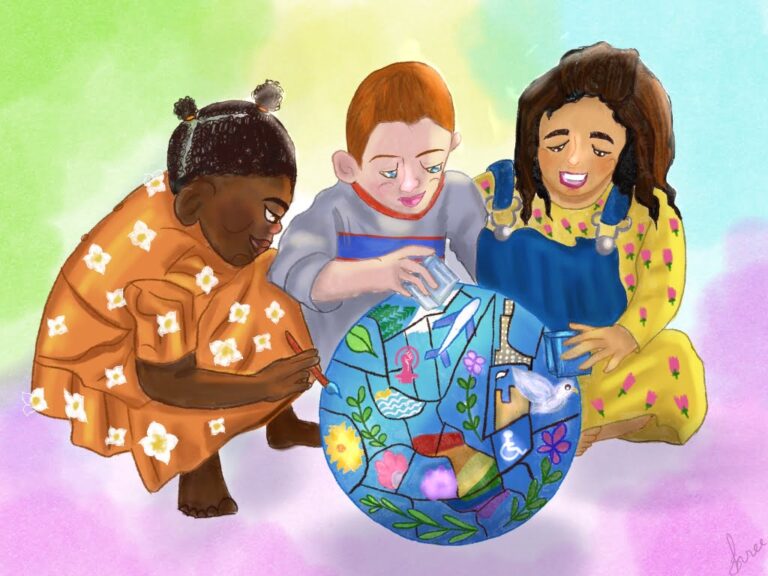
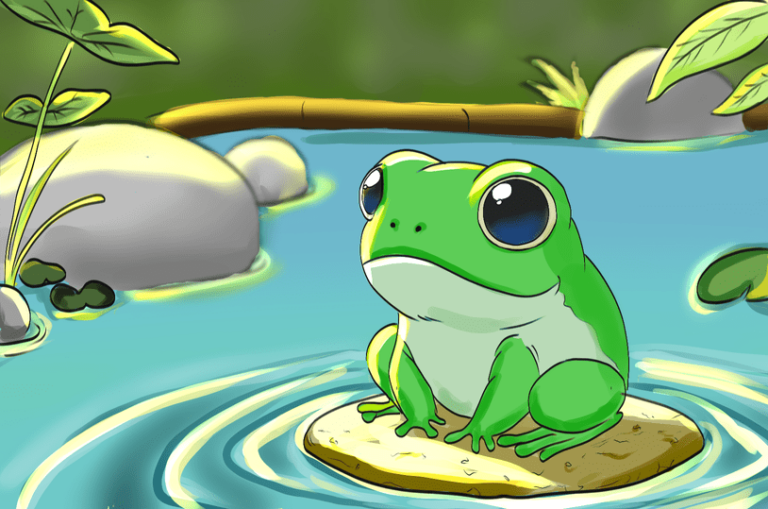
Readers' Reviews (5 replies)